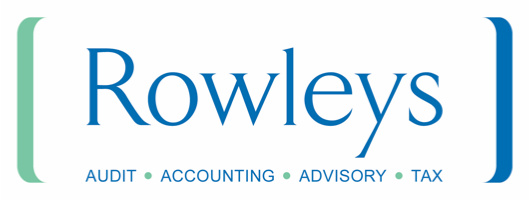News & Events
National Living Wage set to increase
1st November 2023
Recently the Chancellor announced that the National Living Wage is set to rise in April 2024 to over £11 per hour. Rowleys Head of Payroll, Rebecca Gotch, shares more about the announcement, what it means for employers and also looks back on the history of the National Living Wage.
More about the recent announcement
On 2nd October 2023, the Chancellor committed to accept the Low Pay Commission’s recommendations on the National Living Wage (NLW) – which will be announced in November. It is expected that the Low Pay Commission’s recommendations will see the NLW increase to over £11 an hour from April 2024 and would mean the annual earnings of a full-time worker on the NLW will increase by over £1,000 next year.
This increase takes economic factors, such as inflation into consideration and also ensures that the government meet its target of the NLW reaching two thirds of median earnings by 2024.
What the rise will mean for employers?
Once the increase is confirmed in November, employers will need to ensure that any of their employees aged 23 and over are paid at least the NLW, from next April.
Those employers who outsource their payroll will have this taken care of by their payroll provider who should automatically make the adjustments to relevant employees pay. However, those who manage their payroll themselves will need to make sure the increase is paid to relevant employees.
The increase may pose a challenge for some businesses. With operating costs rising in recent years, this is another rise that will need to be considered and accounted for in the operational costs of the business.
The history of the NLW
The NLW was introduced in 2016 at £7.20 per hour and was originally for those aged 25 and over. It was introduced to ensure that work pays and to reduce reliance on the state needing to top up wages through the benefits system.
In 2019, the government recommended that employees should be entitled to the NLW from age 21, and as a step towards this, changed the mandatory age to 23 years and over, with a suggestion that this will decrease to 21 in 2024, although we are yet to hear an announcement on this.
Successive rises mean that, next April, a full-time worker on the NLW will be £9,000 better off than they would’ve been in 2010.
Get in touch
For more information on the increase and how it might impact your business, get in touch for a chat with one of our friendly team.
Our CIPP-qualified payroll experts manage all aspects of payroll ensuring that NMW is calculated correctly. We work with hundreds of clients of different sizes To find out more about our payroll services, please contact Rebecca Gotch, either by email: rebecca.gotch@rowleys.biz or call: 0116 282 7000.
